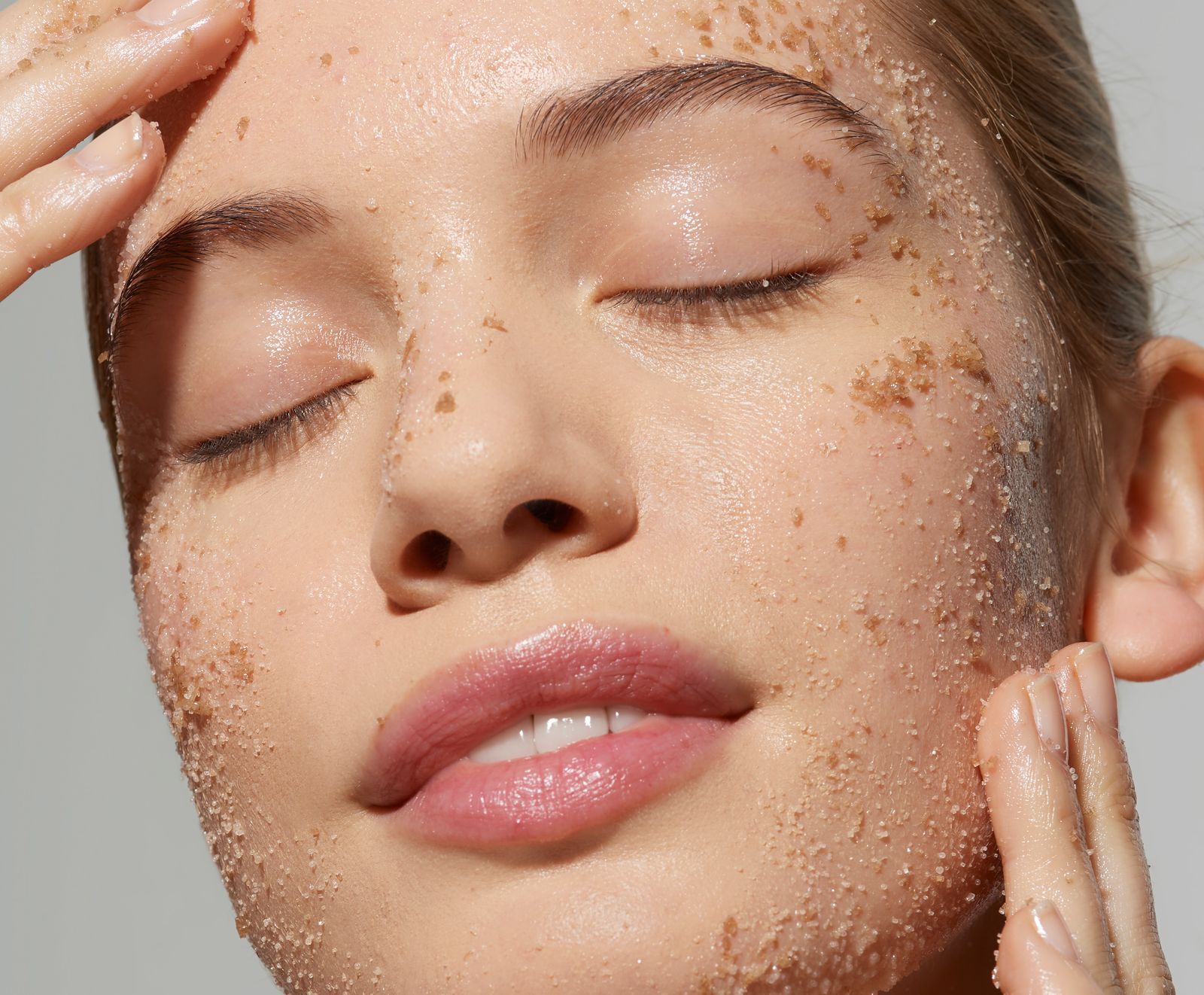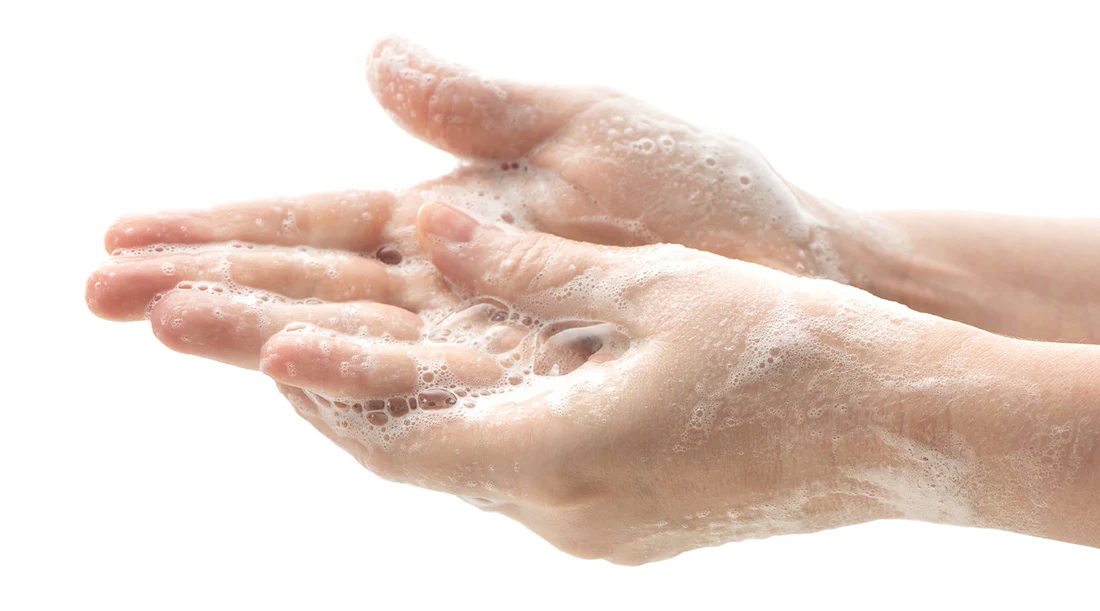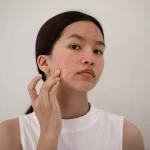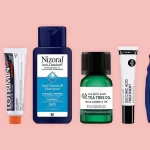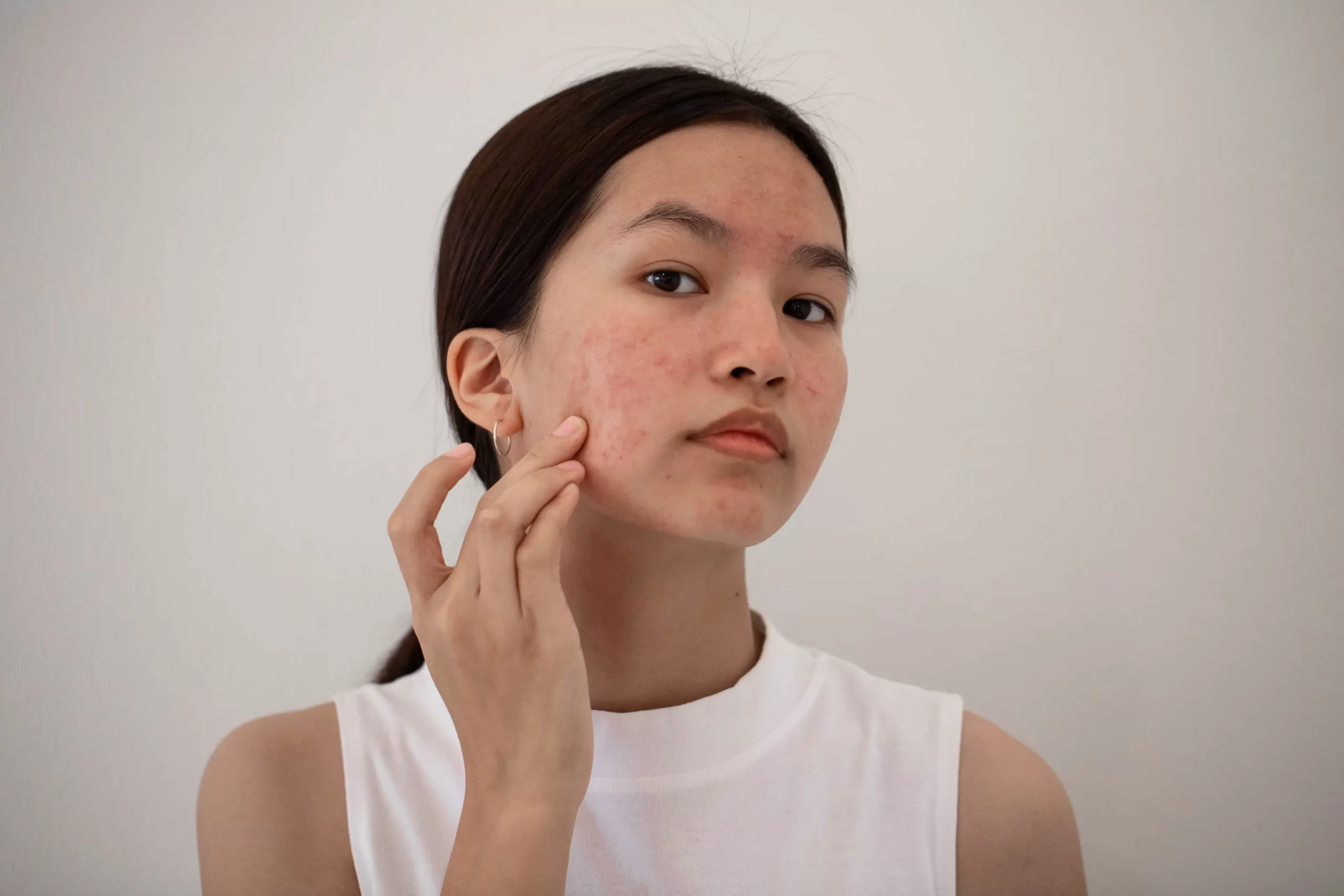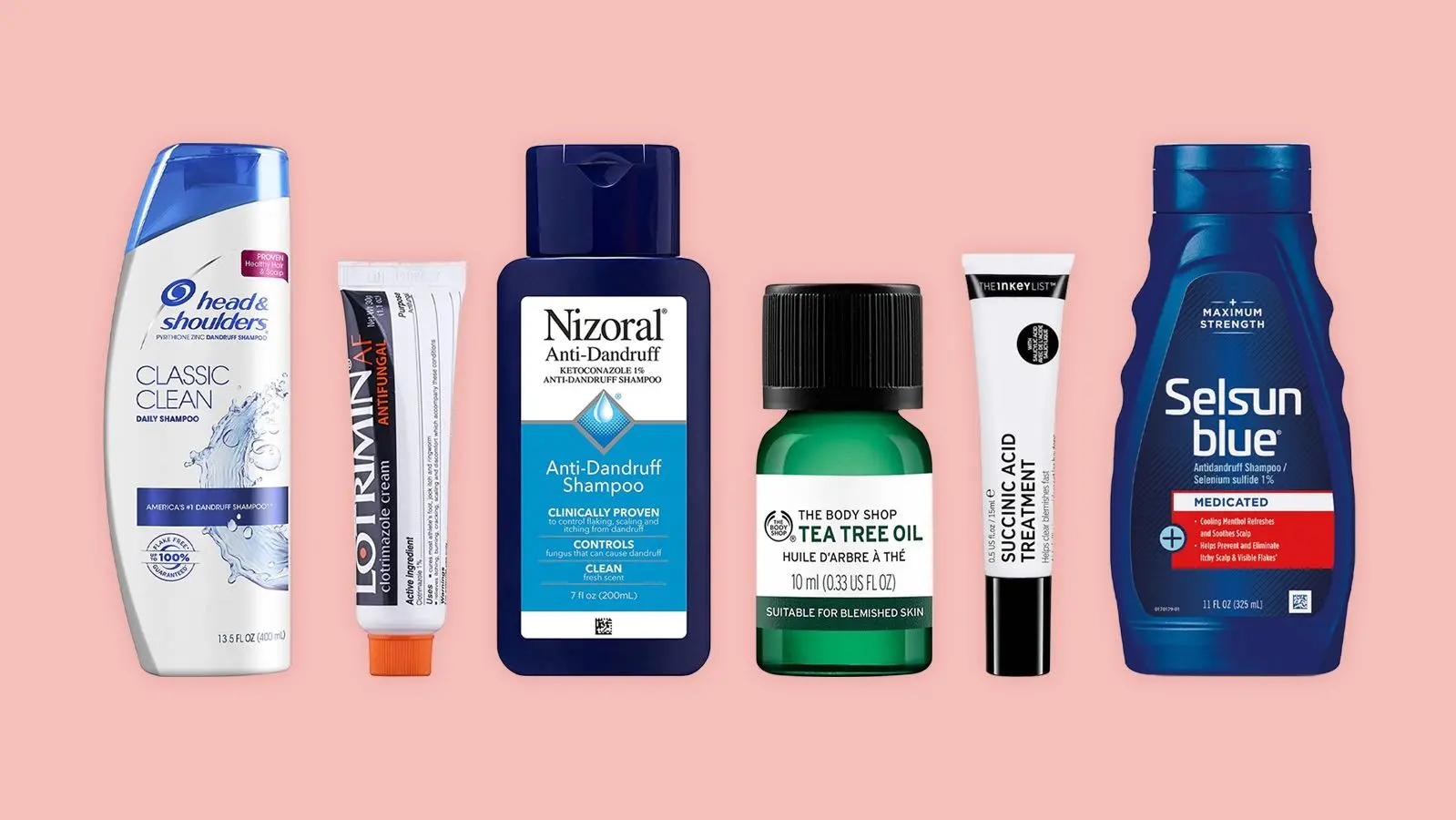Dermatologists recommend exfoliants that are safe, gentle, and match each skin type. When asked what exfoliants do dermatologists recommend, experts often point to chemical exfoliation with acids like alpha hydroxy acid (AHA) or beta hydroxy acid (BHA). These help clear away dead skin without harming the skin barrier.
Physical exfoliation, such as scrubs, can be used but only if applied gently in circular motions. The right option depends on your skin – oily, acne-prone, or sensitive – and should be fragrance free and dermatologist tested.
At DermOnDemand, board certified dermatologists led by Dr. Hannah Kopelman guide patients on safe exfoliation. Many people want to know which exfoliation products really work. This article shares expert advice and shows how to pick the best exfoliant for your skin.
Key Takeaways
- Dermatologists usually recommend chemical exfoliation with AHAs or BHAs, as these provide gentle and effective results without damaging the skin barrier.
- The best exfoliant depends on skin type – salicylic acid works well for oily and acne-prone skin, while lactic acid or fruit enzymes are better for sensitive skin.
- For acne-prone patients, dermatologist-approved options like Differin Gel or salicylic acid pads help prevent clogged pores and reduce breakouts.
- Body exfoliation often uses stronger ingredients such as glycolic acid, lactic acid, or urea to smooth rough areas and control body acne.
- Safe exfoliation requires moderation, using products two to three times per week and avoiding harsh scrubs or overuse to protect the skin.
Best Exfoliators by Skin Type
For oily skin
For oily skin, dermatologists recommend oil-soluble exfoliants such as salicylic acid. This ingredient clears out pores and reduces excess oil. Gentle use is important, since strong scrubbing can increase oil. Most people with oily skin do well with exfoliation two or three times per week.
Top 3 dermatologist-recommended options for oily skin:
- Paula’s Choice Skin Perfecting 2% BHA Liquid Exfoliant – salicylic acid toner that clears excess oil and prevents clogged pores.
- CeraVe Renewing SA Cleanser – gel-based exfoliating cleanser that deep cleans without stripping oils.
- Origins Clear Improvement Active Charcoal Mask – a clay mask with exfoliating ingredients that absorb oil and smooth texture.
For acne-prone skin
Acne-prone skin benefits from BHAs and sometimes retinoids from board-certified dermatologists. These prevent clogged pores and calm inflammation. A salicylic acid toner with a fragrance-free cleanser can help keep skin clear. If acne is severe, prescription treatments may be needed.
Top 3 dermatologist-recommended options for acne-prone skin:
- Stridex Maximum Strength Pads – salicylic acid exfoliating pads that target clogged pores.
- Differin Gel (Adapalene 0.1%) – retinoid-based treatment that improves skin turnover and reduces breakouts.
- La Roche-Posay Effaclar Serum – lightweight, fragrance-free exfoliating gel with salicylic and glycolic acid.
For sensitive skin
Sensitive skin needs gentle care. Harsh scrubs should be avoided. Dermatologists suggest lactic acid or fruit enzymes for mild exfoliation. Using these helps improve tone while protecting the skin barrier. Always test new products and avoid overuse.
Top 3 dermatologist-recommended options for sensitive skin:
- The Ordinary Lactic Acid 5% + HA Serum – mild lactic acid serum that hydrates and smooths gently.
- Elemis Papaya Enzyme Peel – fruit enzyme exfoliant that is soft and natural for sensitive skin.
- Aveeno Positively Radiant Skin Brightening Daily Scrub – fragrance-free exfoliating cream designed for sensitive skin.
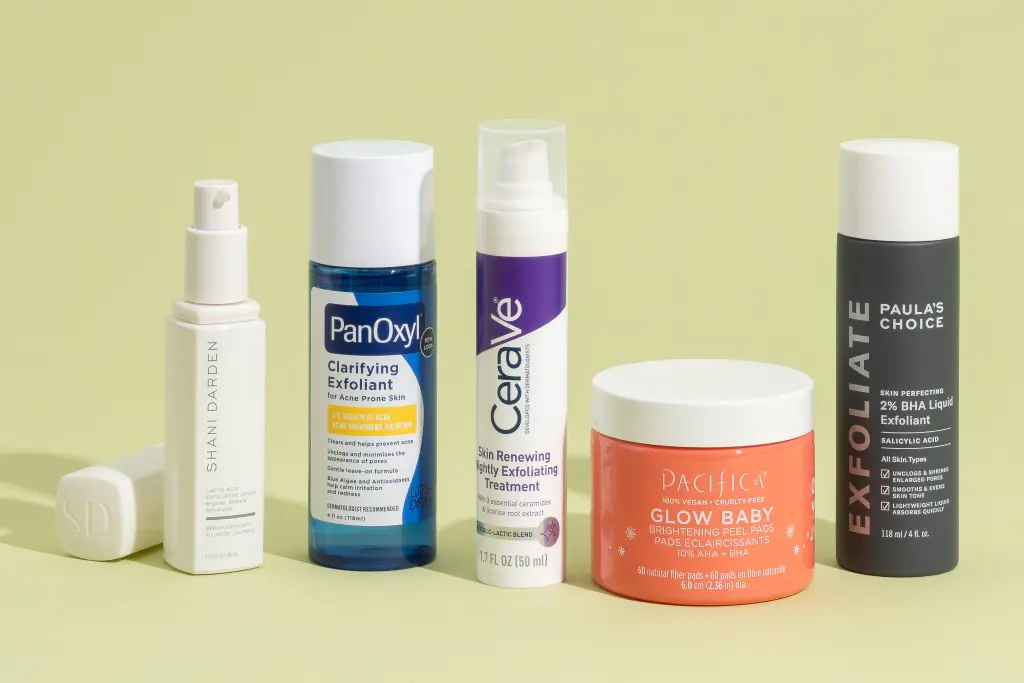
Best Body Exfoliators Dermatologists Recommend
Body skin is often less delicate than facial skin, so stronger products can be used. Dermatologists recommend glycolic acid, lactic acid, or urea creams to smooth rough spots. For body acne, salicylic acid washes can clear clogged pores and reduce oil. Body scrubs can be used, but only in small amounts and with gentle circular motions.
Top 3 dermatologist-recommended options for body exfoliation:
- AmLactin Daily Moisturizing Body Lotion – glycolic and lactic acid lotion that softens rough areas and smooths texture.
- Neutrogena Body Clear Acne Wash – salicylic acid body wash that helps with body acne and clogged pores.
- Eucerin Advanced Repair Cream – urea cream that exfoliates while restoring hydration to dry patches.
Types of Exfoliants
Physical vs. chemical exfoliants
Exfoliants are either physical or chemical. Physical exfoliation uses scrubs, brushes, or small grains to remove dead cells. Chemical exfoliation uses acids or enzymes that break down the glue between skin cells, giving smoother results. Most board-certified dermatologists prefer chemical exfoliation, as it is more even and gentle.
Should I use AHA or BHA?
Alpha hydroxy acid (AHA) is water-based. It helps smooth texture and even out skin tone. Beta hydroxy acid (BHA), like salicylic acid, is oil-soluble. It clears excess oil and clogged pores.
Which one to use depends on your skin – AHAs help with dryness and dullness, while BHAs help with oil and acne. Some people with combination skin may use both, but only with care.
Key active ingredients explained
The most common exfoliating ingredients are glycolic acid, lactic acid, and salicylic acid. Retinol also helps by speeding up skin cell turnover. Enzymes from fruits are gentle options for sensitive skin. The best choice depends on your goals, like reducing lines, clearing clogged pores, or improving skin tone.
Best Face Exfoliators Dermatologists Recommend
Dermatologist-recommended and top-rated face exfoliators
Top-rated face exfoliators often use acids at safe levels. Glycolic or lactic acid toners give smooth results without scrubbing. Salicylic acid works well for acne or clogged pores. Dr. Kopelman and the DermOnDemand dermatologists remind patients that regular use of safe products works better than harsh scrubs.
Best exfoliating cleansers
The best exfoliating cleanser is mild and fragrance-free. It combines gentle cleaning agents with acids like AHAs or BHAs. For example, a glycolic acid cleanser can give daily exfoliation without stripping natural oils. Harsh beads or gritty scrubs should be avoided, as they can damage the skin barrier.
Expert and Cultural Insights
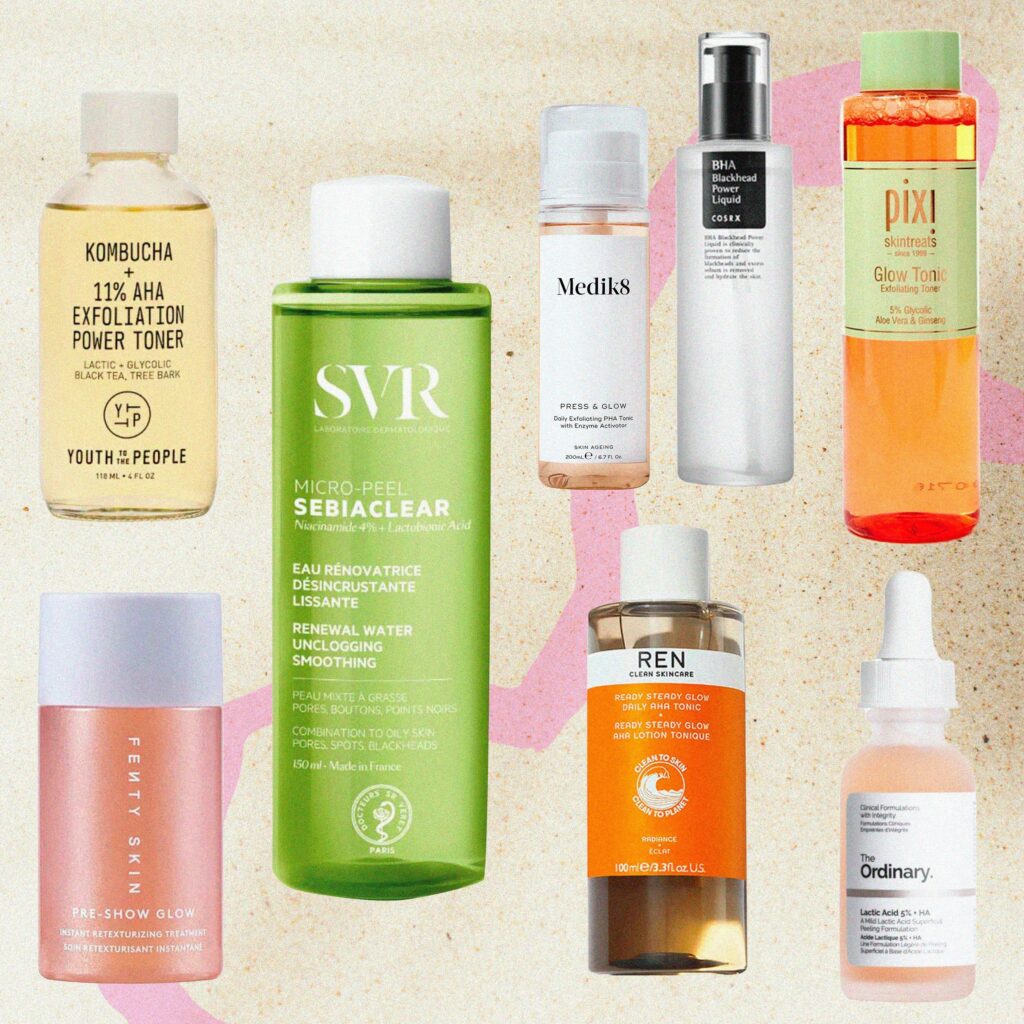
Dermatologist vs. esthetician exfoliators
Dermatologists use products that are tested and safe for skin health. Estheticians may use stronger peels during treatments. Both can be useful, but dermatologists like Dr. Kopelman ensure that products do not harm the skin barrier. Many patients combine professional care with at-home routines.
What do Koreans use for exfoliation?
Korean skin care focuses on gentle exfoliation. Popular options include low-dose acids, enzyme powders, and peeling gels. These keep natural oils while improving skin tone over time. Dermatologists note that this approach matches safe skin care advice.
Which Is the Best Exfoliator Overall
Comparing dermatologist picks
The best exfoliator depends on skin type. For oily or acne-prone skin, salicylic acid is best. For dry or uneven tone, glycolic or lactic acid works well. Dr. Kopelman stresses that there is no single “best” for everyone – it depends on your skin.
Budget-friendly vs. premium options
Affordable exfoliation products can work just as well as expensive ones if they use proven ingredients. A fragrance-free glycolic toner from a drugstore may give results similar to luxury brands. Premium options may add soothing extras, but the core ingredients are the same. Dermatologists say safety and effectiveness matter more than price.
How to Exfoliate Safely at Home
Frequency and usage guidelines
Most people only need to exfoliate two or three times a week. Daily use is not needed and can damage the skin barrier. Follow product directions and pay attention to how your skin feels. Gentle exfoliation with the right product is enough.
Common mistakes to avoid
Scrubbing too hard or using too many exfoliation products at once is harmful. Strong physical scrubs can cause redness and irritation. Another mistake is skipping sunscreen for face after exfoliation, since new skin is more sensitive to the sun. Use circular motions and gentle products to avoid damage.
When to See a Dermatologist
See a dermatologist if exfoliation causes pain, redness, or breakouts that do not go away. People with skin conditions like eczema or psoriasis should ask for advice before using strong exfoliators. DermOnDemand makes it easy to talk to board-certified dermatologists like Dr. Hannah Kopelman for safe, custom care.
FAQs About Exfoliation
Most people should exfoliate two or three times a week. Doing it more often can weaken the skin barrier and cause irritation. The right number depends on your skin type and the product you use.
Yes, if it is done too often or too harshly. Rough scrubs, strong acids, or using many products together can cause dryness and redness. Safe exfoliation depends on your skin, and you should stop if irritation appears.
Exfoliation is important for healthy skin, but it must be done the right way. With advice from Dr. Hannah Kopelman and the board certified dermatologists at DermOnDemand, you can choose safe exfoliation products that smooth skin tone, clear clogged pores, and protect the skin barrier. Start your online consultation today and get a plan designed for your skin.


